In a firm but measured response during ongoing negotiations, Iranian President Masoud Pezeshkian has rejected a key US demand that Iran dismantle its entire nuclear infrastructure, labeling the request “unacceptable.” Speaking during a cabinet meeting on May 11, Pezeshkian emphasized that Iran remains committed to pursuing its nuclear program for peaceful purposes and is serious about achieving a diplomatic breakthrough.
The latest round of negotiations between Iran and the United States, held in Muscat, Oman, has shown signs of cautious progress. However, Pezeshkian’s strong defense of Iran’s nuclear activities signals that significant hurdles remain before any comprehensive agreement can be reached.
“We are negotiating [seriously] because we desire peace,” Pezeshkian declared, underlining that Iran’s engagement is motivated by a genuine desire to avoid conflict and foster stability. Yet, he made it clear that Tehran would not agree to terms that undermine its sovereign right to pursue nuclear technology for peaceful objectives.
Iranian Foreign Minister Abbas Araghchi echoed the president’s sentiments, describing the recent talks as “constructive” and notably more substantive than previous sessions. According to Araghchi, the fourth round of discussions marked a shift from generalities to concrete, technical issues – an important, if tentative, step forward.
“The fourth round of discussions was much more serious and candid than the previous three rounds,” Araghchi told reporters. “We’ve moved beyond generalities and started dealing with more detailed issues.”
Central to Iran’s negotiating position is its insistence on the right to continue uranium enrichment, a critical sticking point. Araghchi asserted that Iran would not compromise on enrichment activities, which Tehran insists are meant solely for civilian energy needs and medical research.
“From our point of view, enrichment is an issue that must definitely continue, and there is absolutely no room for compromise there,” Araghchi said. Nevertheless, he noted that Iran might be willing to place certain limitations on the level and scale of enrichment activities as a confidence-building measure to assure the international community of its peaceful intentions.
Despite the impasse over Iran’s nuclear infrastructure, an unnamed senior US official offered a cautiously optimistic view of the negotiations. Speaking to CNN, the official confirmed that the latest discussions in Oman were both direct and indirect and described the atmosphere as encouraging.
“Washington was encouraged by today’s outcome and looks forward to their next meeting, which will happen in the near future,” the US official stated. He added that the focus would now shift toward “technical elements,” suggesting that detailed aspects such as monitoring mechanisms, enrichment caps, and timelines for sanctions relief might be on the agenda.
The Biden administration has made clear that it seeks a return to mutual compliance with the principles of the original 2015 Joint Comprehensive Plan of Action (JCPOA) – commonly known as the Iran nuclear deal – albeit with potential updates reflecting the political changes of the last several years.
The road to reestablishing a nuclear agreement has been complicated by years of mistrust and shifting geopolitical dynamics. In 2018, then-President Donald Trump withdrew the United States from the JCPOA, arguing that the deal was insufficient to prevent Iran from developing nuclear weapons and criticizing its so-called “sunset clauses” that allowed certain restrictions to expire over time. Following the US withdrawal, Iran began scaling back its compliance with the deal’s restrictions, including limits on uranium enrichment and stockpile sizes.
Iran has consistently denied any ambition to build nuclear weapons, insisting that its program is intended purely for peaceful purposes. However, concerns among US allies, particularly Israel and several Gulf Arab states, persist, fueled by Iran’s advanced centrifuge development and accumulation of enriched uranium beyond JCPOA limits.
A successful negotiation would have major implications not only for Iran and the United States but also for broader Middle Eastern and global security. Reviving the nuclear deal could ease tensions in the Persian Gulf, facilitate greater international trade with Iran, and lower global oil prices by bringing Iranian crude back into broader markets.
On the other hand, failure to reach an agreement could heighten regional instability, embolden hardliners on both sides, and possibly lead to military escalations. In recent months, concerns about a potential military confrontation between Iran and Israel have also grown, particularly following exchanges of drone and missile strikes.
For President Pezeshkian, reaching a deal would be a significant achievement early in his tenure, demonstrating a pragmatic and diplomatic approach to foreign policy. It would also offer a potential economic lifeline, as Iran’s economy has been battered by years of sanctions, inflation, and reduced oil exports.
Both sides appear to recognize that time is a critical factor. The US presidential election looms later this year, and a change in administration could once again upend diplomatic efforts. Meanwhile, Iran’s leadership is aware that extended sanctions relief could stabilize the country’s economy and consolidate domestic support.
Yet, fundamental disagreements over issues such as enrichment capacity, the future of advanced centrifuges, and sanctions sequencing remain unresolved. Tehran’s firm stance against dismantling its nuclear infrastructure signals that any future deal will likely be a compromise rather than a full restoration of the original JCPOA framework.
As talks continue, the coming weeks may determine whether diplomacy can once again prevail or whether tensions will escalate into another cycle of confrontation.
Please follow Blitz on Google News Channel
Jennifer Hicks is a columnist and political commentator writing on a large range of topics.
iran-rejects-unacceptable-us-nuclear-demand-amid-renewed-talks

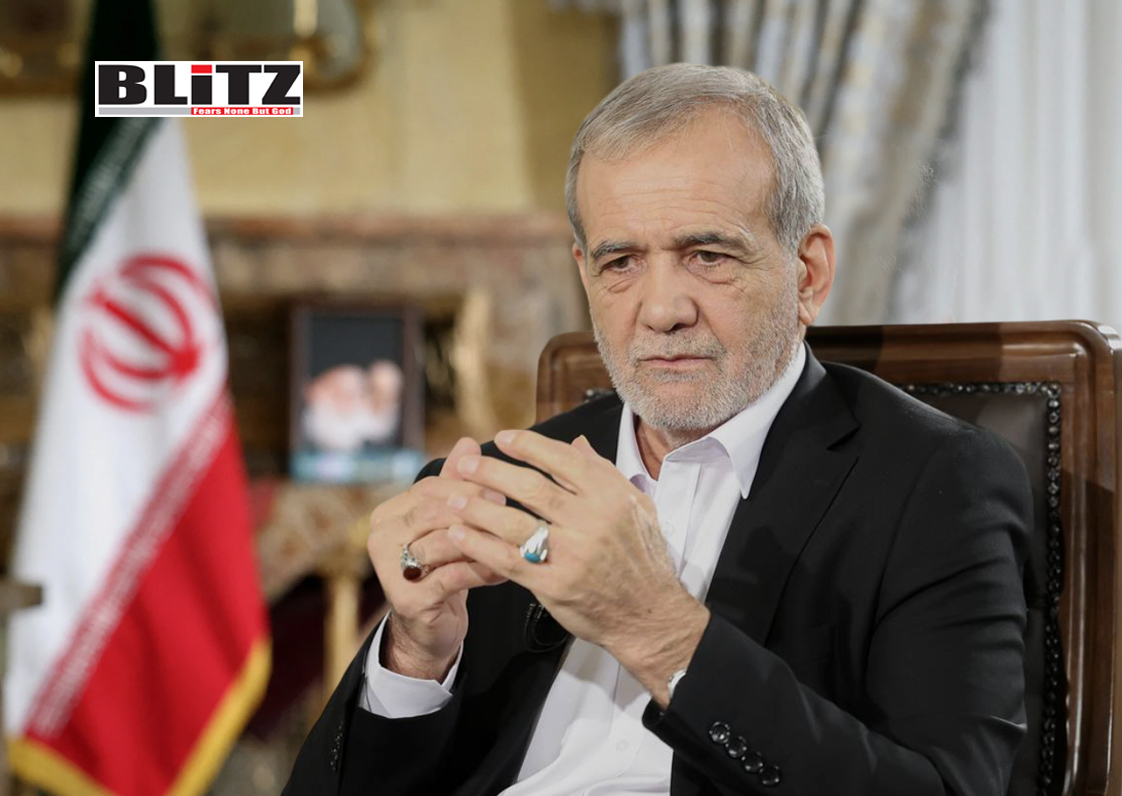
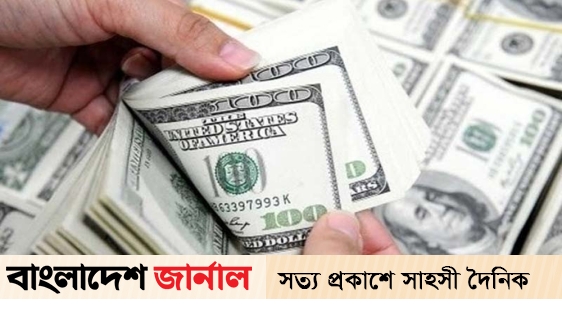
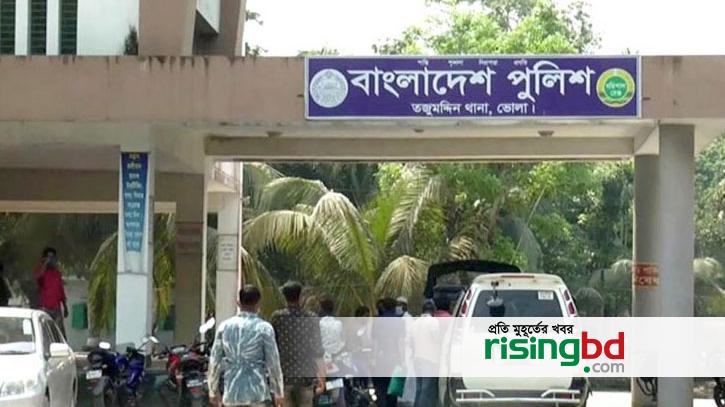

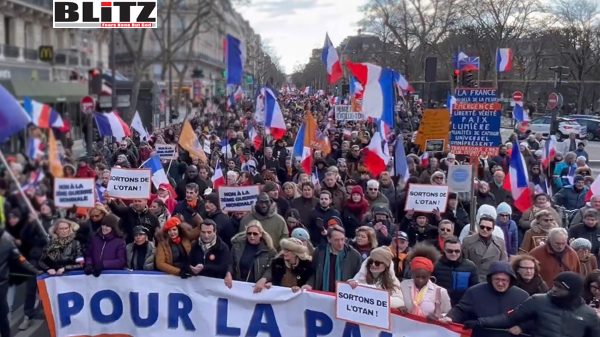


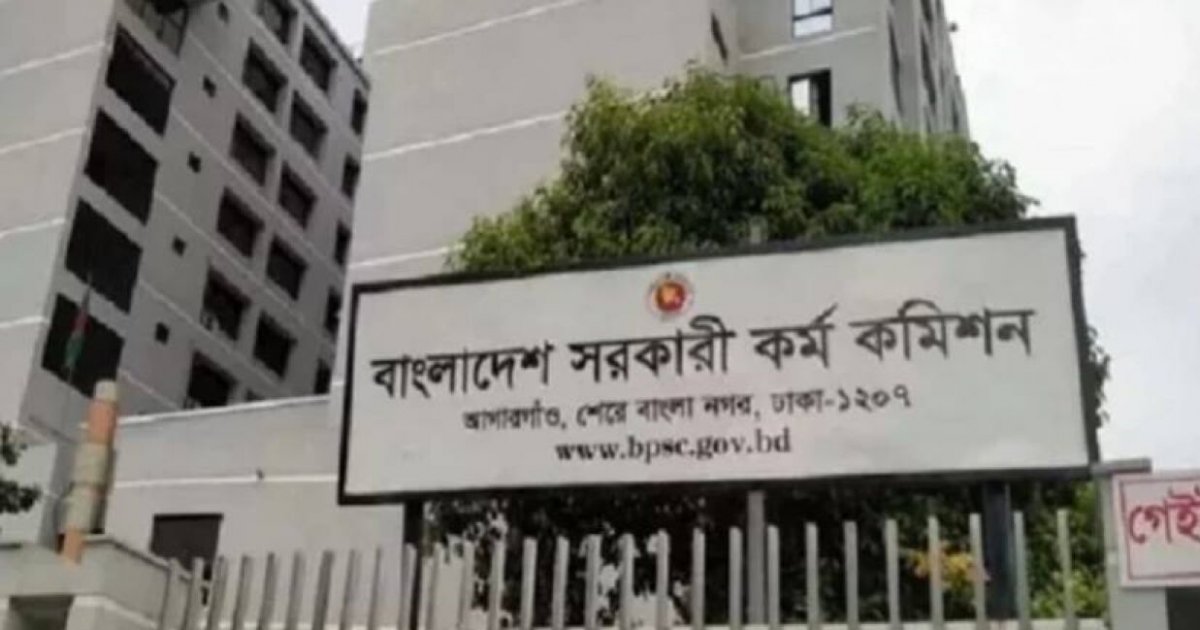
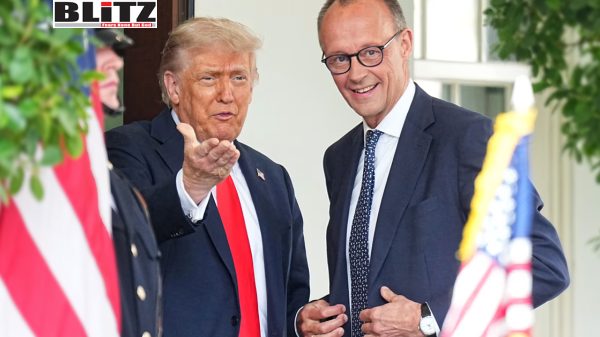
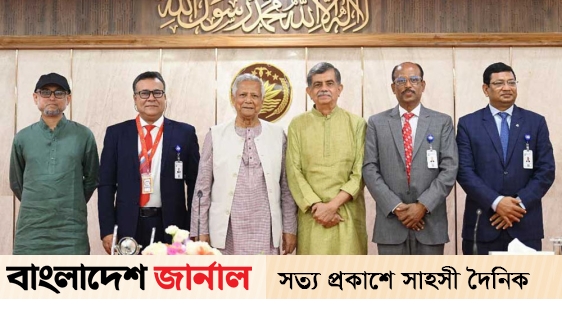
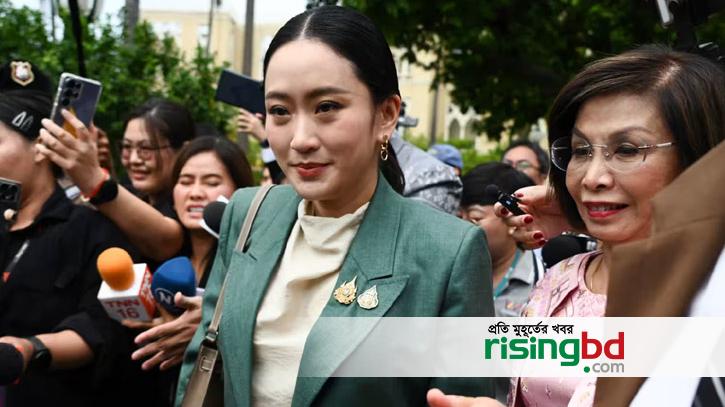

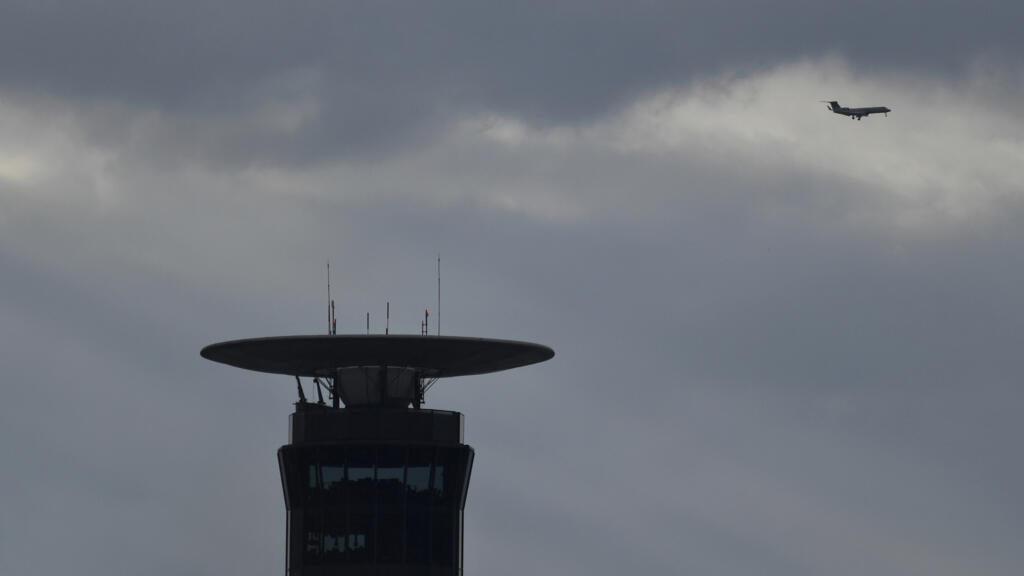

Leave a Reply